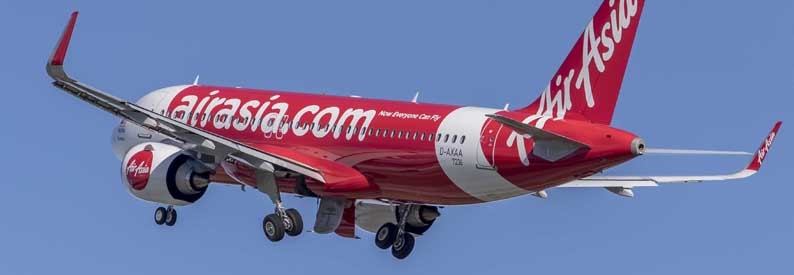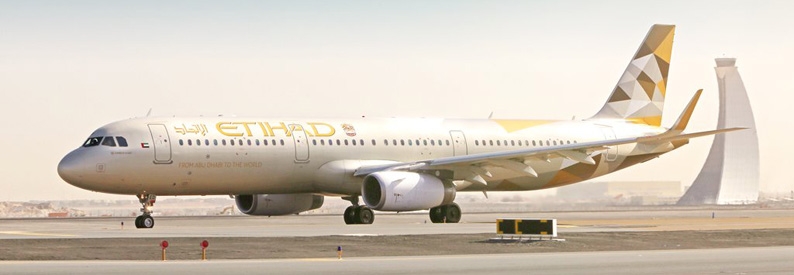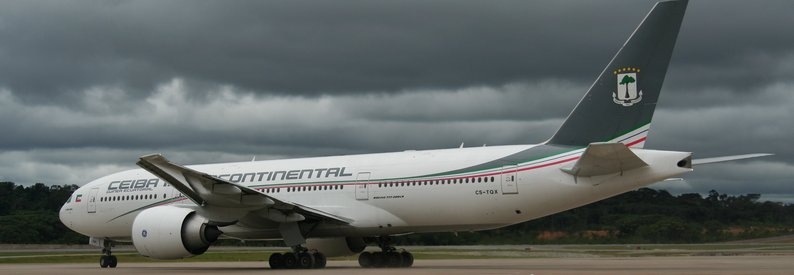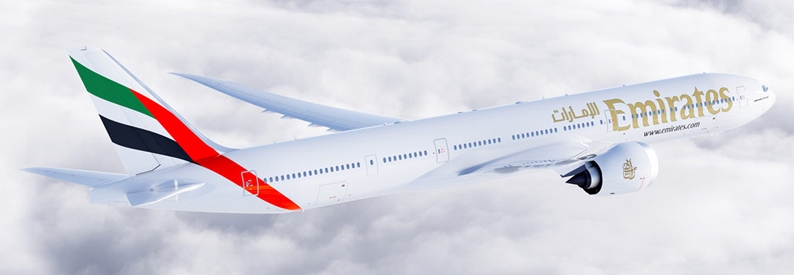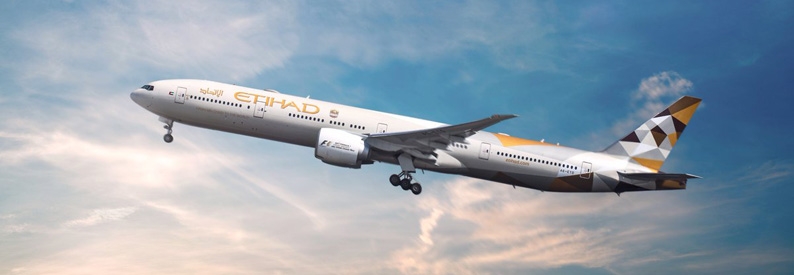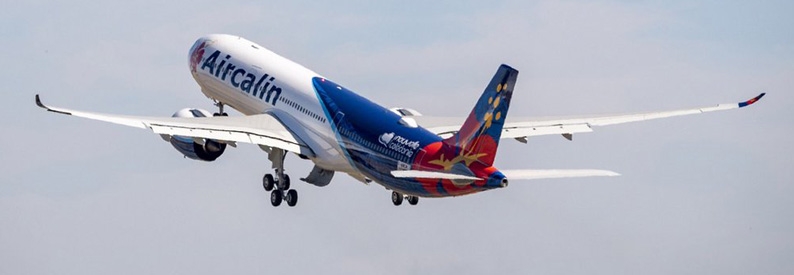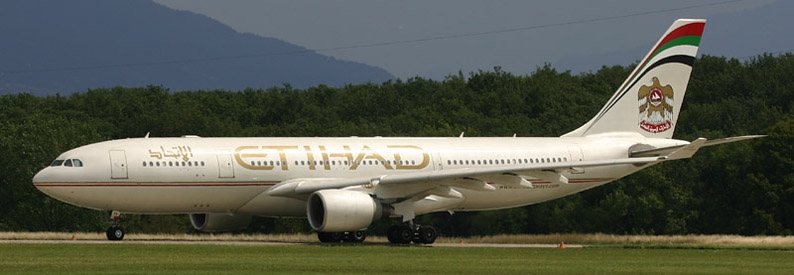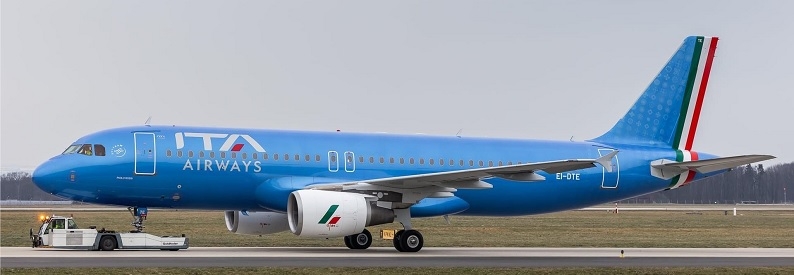Etihad Aviation Group has announced it has restructured its organizational layout and operating model as part of its ongoing transformation plan.
The Abu Dhabi-based carrier said in a statement that the reorganisation drive is the next step in ensuring it is a people-focused business driven by innovation, safety and sustainability, supporting Abu Dhabi’s vision for the future.
Under the new structure, the group will be reorganised into seven business divisions – Operations, Commercial, Maintenance, Repair & Overhaul (MRO), Human Resources, Finance, Support Services, and Transformation.
It will be led by a new executive leadership team reporting to Group Chief Executive Officer (Group CEO), Tony Douglas, who also assumes responsibility for Etihad Airways (EY, Abu Dhabi International). Etihad CEO Peter Baumgartner will now serve as the Senior Strategic Advisor to Tony Douglas as part of the executive leadership team. Having led Etihad Airways as CEO since 2016, Baumgartner will advise at group level on global partnerships and innovation.
Mohammad Al Bulooki, Etihad Airways' Executive Vice President (Commercial), has been promoted to Chief Operating Officer, and will be responsible for core areas including network operations, flight and technical operations, fleet engineering, aviation security and safety, as well the Etihad Airport Services entity which manages ground and cargo handling, and catering. He is also responsible for the airline’s pilot and cabin crew community.
Robin Kamark has been appointed Chief Commercial Officer. Having joined Etihad Aviation Group in April 2017, he will spearhead the overall commercial strategy of the airline, including cargo, sales and marketing, revenue management, customer service, network planning, and alliances. He is also charged with leading Etihad Airways’ destination management arm, Hala. Ray Gammell will assume responsibility for airline equity partners.
Ibrahim Nassir has been appointed Chief Human Resources & Organisational Development Officer, and is responsible for a wide range of support functions including, among others, learning, organisational development, medical services, talent acquisition, rewards, people services, and immigration. Mr. Nassir will also lead the group’s Emiratisation programme.
The new group organisational structure also sees Abdul Khaliq Saeed become Chief Engineering Officer (MRO); Mark Powers, Chief Financial Officer; Mana Al Mulla, Chief Support Services Officer; and Akram Alami, Chief Transformation Officer.
General Counsel and Company Secretary, Henning zur Hausen; Senior Vice President Government & International Affairs, Ahmed Al Qubaisi; and Vice President Corporate Affairs, Amina Taher, continue in their respective positions, also reporting to the Group CEO.
“We are now well equipped to deliver our plans as a reinvigorated innovator brand, with an optimised and profitable network, technologically advanced fleet, and a strengthened position as the global airline of choice, run by a seasoned team of talented professionals. The fact that almost half of our leadership team are UAE nationals reflects our strong succession planning efforts and commitment to developing Emirati talent," Douglas said. “We are already seeing positive results even during this early phase of our transformation. The eventual aim of this process is for Etihad to be in the best shape to ensure its long-term sustainability, enabling it to meet the challenges of an aviation industry in constant flux. Etihad is now positioned to continue supporting the mandate of our shareholder, and the growth and prominence of Abu Dhabi.”
In an interview with The National newspaper soon after the announcement, Douglas said the restructuring was likely to lead to some redundancies in senior and mid-level management.
The new CEO said Peter Baumgartner will be responsible for forging new codeshare partnerships with other airlines across the globe. According to Douglas, Etihad was delisted by Star Alliance during the recent IATA AGM thereby allowing it to partner with the alliance's members.
“In the past, the Etihad Group was identified as being an alliance itself and, consequently, under the rules of Star Alliance, its members were not allowed to engage in collaboration with us on codeshares,” Douglas told The National on Tuesday.
“The fact we’ve now been identified in their eyes as a more rational airline not just going for ‘growth for growth’s sake’ but looking for sustainable growth, means they’ve deregulated us and [we] will be able to go around the Star partners to build connectivity with their networks through codeshares wherever both parties agree to do so.”
An Etihad spokeswoman later clarified that the development does not equate to Etihad joining the Star Alliance.
Meanwhile, Reuters has reported that SPV Equity Alliance Partners (EAP), an SPV linked to Etihad Airways, is trying to restructure some of its debt after Abu Dhabi's unwillingness to intervene saw the firm default on its repayments.
The Abu Dhabi-based carrier and several of its equity partners and subsidiaries used EA Partners I BV and EA Partners II BV to help raise funds to settle debt obligations. At the time, they included Etihad Airways PJSC, Air Berlin (1991) PLC, Jet Airways (India) Limited, Alitalia Societa Aerea Italiana S.p.A., Air Serbia a.d. Belgrade, Air Seychelles Limited, and Etihad Airport Services LLC. Of the two bonds, one for USD700 million is maturing in 2020 while that for USD500 million is due to be repaid in 2021.
According to Reuters, EA Partners 2 announced on the Irish stock exchange that an attempt to auction off Alitalia's and Air Berlin's defaulted obligations for cash had failed as the bid that was put forward was insufficient to redeem the notes.
It said it was now considering restructuring options including either selling the two bankrupt carriers' defaulted obligations and using the proceeds to redeem the notes at discount, or selling both the defaulted debt and the non-defaulted part of the bonds and using the proceeds to redeem all of the outstanding paper.
Following Air Berlin and Alitalia's bankruptcies last year, the bonds have been trading at over 25 points lower on expectations that Etihad, backed by other Abu Dhabi-based entities, would intervene given that UAE-based investors hold more than USD500 million worth of EAP commitments.

